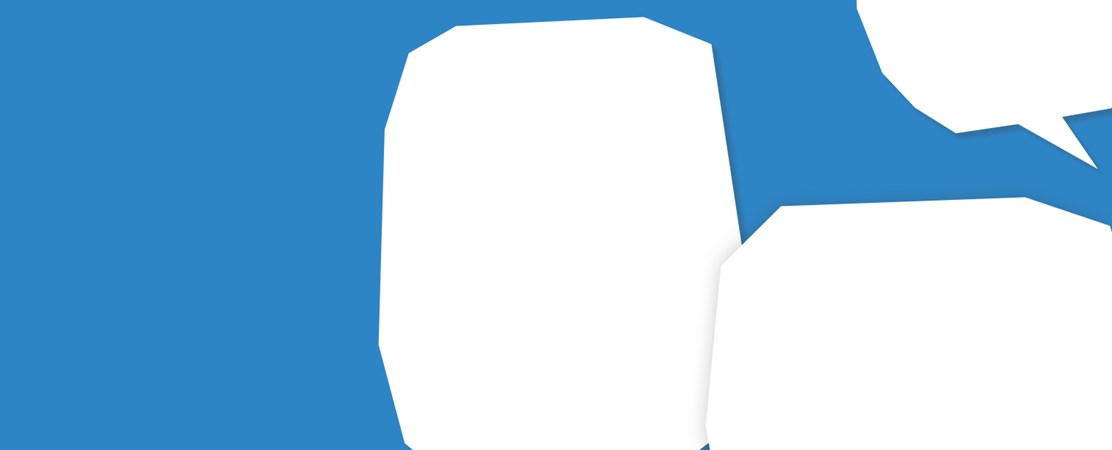Education and Training Needs for Arctic Indigenous Peoples

By Arctic Council Indigenous Peoples’ Secretariat
As part of the second UArctic Congress in September 2018, UArctic and the Arctic Council Indigenous Peoples’ Secretariat organized a panel on education and training needs for Arctic indigenous peoples. The panelists represented each of the Arctic Council indigenous peoples’ organizations, i.e. the Permanent Participants. The panel discussed historical and contemporary challenges in indigenous education, general suggestions for improved education systems, and specific actions for UArctic to improve education outcomes for indigenous students.
SOME OF THE CURRENT CHALLENGES:
- Prejudice continues to influence educators' treatment of indigenous students.
- Most courses are taught in the majority language, and most students do not have the opportunity to learn their indigenous languages in school.
- Most education is based on western paradigms rather than place-based or indigenous knowledge.
- Non-indigenous people often direct the education systems of indigenous students, without knowledge of the local people, customs or languages.
- Many indigenous students must travel south to pursue higher education and are not encouraged to return to their home communities.
SUGGESTIONS ON HOW TO IMPROVE EDUCATION SYSTEMS:
- Indigenous education should revolve around indigenous knowledge, and culturally relevant education would benefit non-indigenous students as well.
- Encouraging youth to become educated but return to their communities with the tools to revitalize languages and move towards self-determination.
- Investing in indigenous leadership development at education institutions, recognizing the extra value that indigenous students, staff and faculty can bring.
- More funding for indigenous researchers to conduct studies in their own communities, on their own terms.
SPECIFIC ACTIONS FOR UARCTIC AND ITS MEMBERS:
- Collect good practices: monitor indigenous achievement, identify and evaluate successful programs, and determine where indigenous achievement gaps exist.
- Provide opportunities for indigenous leadership: initiate programs that build indigenous leadership capacity and usher indigenous leaders into high-level positions.
- Allow indigenous students to study from their communities: create hybrid, flexible programs with options to study through e.g. satellite campuses, distance learning and micro-credentials.
- Demonstrate the value of indigenous knowledge: adapt innovative programs such as the example from Alaska Fairbanks that allows indigenous students to teach and earn faculty salaries while working towards their PhDs.
The full report is compiled by the Arctic Council Indigenous Peoples’ Secretariat and available on the Arctic Council website at https://oaarchive.arctic-council.org/handle/11374/2248
